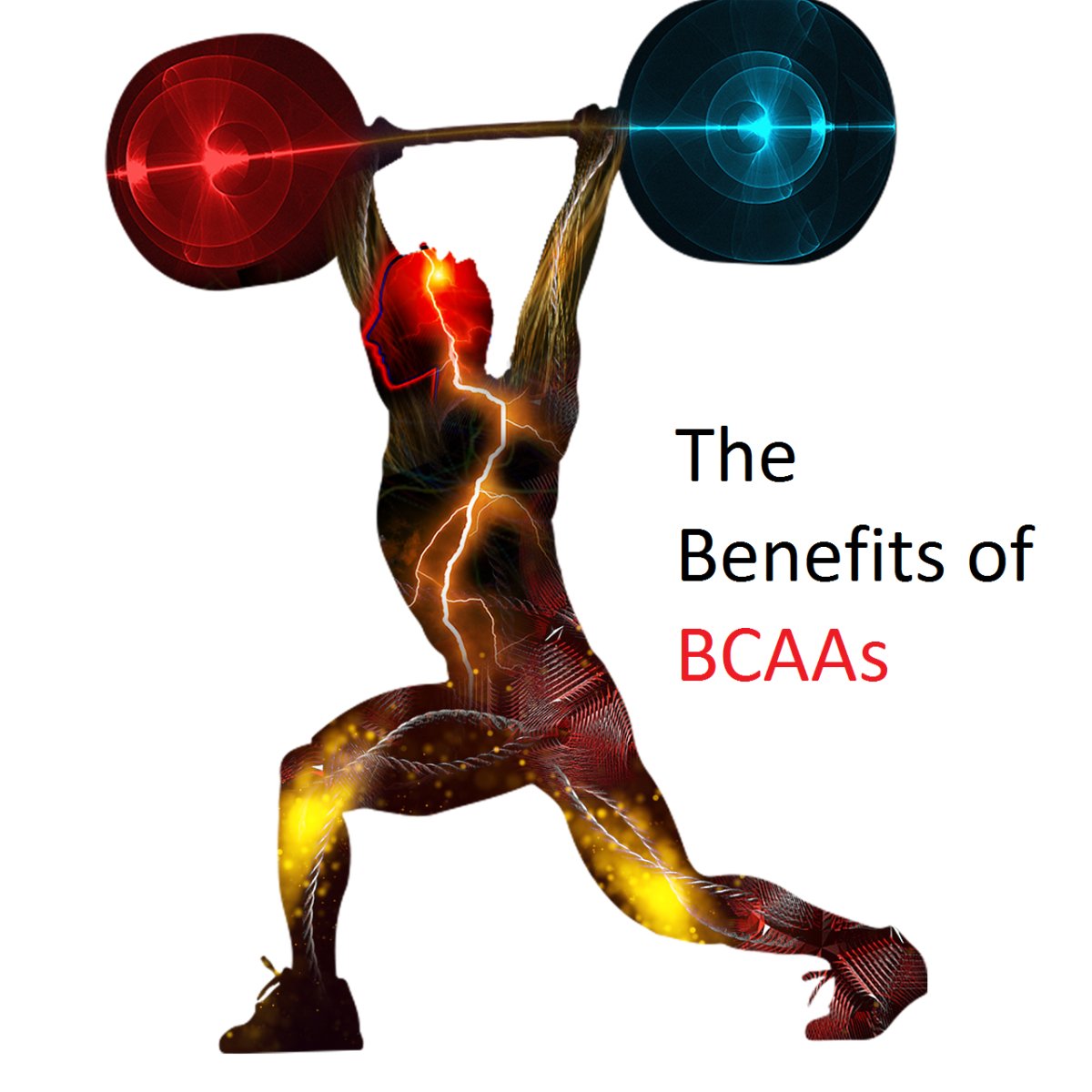Many people struggling with addiction neglect essential needs like nutrition and exercise. This neglect can harm both the body and the mind, making recovery even harder. Starting a fitness routine as part of treatment can provide powerful benefits for overall health. Exercise supports physical recovery, improves mental well-being, and helps people take back control of their lives. Here are four key ways exercise helps in the fight against addiction.
How Exercise Can Ease Withdrawal Symptoms
When people stop using drugs or alcohol, withdrawal symptoms like anxiety, depression, and stress can be overwhelming. Exercise reduces these symptoms by releasing endorphins, the brain's natural feel-good chemicals. Activities like running, swimming, or walking can help make the recovery process more manageable.#1
Exercise also promotes better sleep and relaxation, which are crucial for staying focused and committed during recovery.#2
Rebuilding Self-Control and Confidence Through Fitness
Addiction often weakens self-control and decision-making skills, but exercise helps rebuild them. When people set and achieve fitness goals, they feel more confident and in control of their lives. This sense of accomplishment makes it easier to resist cravings and stay on a healthy path.#3
Sticking to a regular exercise routine also brings structure to the day, which helps people focus on recovery and build positive habits.#4
Physical Activities for Managing Stress
Stress is one of the biggest triggers for relapse. Exercise provides a healthy outlet to manage stress and calm the mind. Aerobic activities like jogging or cycling boost energy and improve mood, while mindful practices like yoga promote relaxation and focus.#5
Yoga is especially effective during recovery. It combines movement, breathing, and meditation, helping people reduce stress and develop coping skills for long-term sobriety.#6
How Exercise Repairs the Brain After Addiction
Addiction changes how the brain works, especially its reward system. Exercise helps repair these changes by creating new brain connections and boosting chemicals like dopamine and serotonin, which naturally make people feel good. This process helps reduce cravings and rebuilds the brain’s ability to handle stress and emotions.#7
Regular exercise also sharpens thinking and memory, making it easier to make good decisions during recovery.#8
Choosing Safe and Effective Exercises for Recovery
Not every type of exercise works for everyone. Some people enjoy high-energy workouts like weightlifting, while others prefer low-impact activities like yoga. It’s important to choose activities that match your fitness level and interests to avoid injuries and stay motivated.#9
Working with a doctor or trainer can help create a safe and effective exercise plan tailored to your needs.#10
Proven Benefits of Exercise in Addiction Recovery
Research shows that exercise can make a big difference in recovery. It can:
- Improve mood and lower anxiety.#11
- Reduce cravings and the chances of relapse.#12
- Help people manage stress and emotions better.#13
Exercise also supports mental health by reducing depression, a common challenge for people recovering from addiction.#14
Exercise as Part of the Recovery Journey
While exercise is a great tool for recovery, it works best when combined with other treatments like therapy and medication. Together, they create a strong recovery plan that helps people rebuild their lives and stay healthy.#15
References
- #1, #2 - Conifer Park: The Connection Between Exercise and Addiction Recovery
- #3, #4 - Quest2Recovery: The Benefits of Exercise in Addiction Recovery
- #5, #6 - Psych Times: Benefits of Exercise in Addiction Recovery
- #7, #8 - Samba Recovery: The Connection Between Exercise and Addiction Recovery
- #9, #10 - Uplift Recovery: Experiential Activities for Addiction Recovery
- #11, #12, #13 - PubMed: Effects of Exercise on Addiction Recovery
- #14, #15 - CPCC: Sweat It Out: Exercise as a Therapeutic Tool





Leave a comment
This site is protected by hCaptcha and the hCaptcha Privacy Policy and Terms of Service apply.